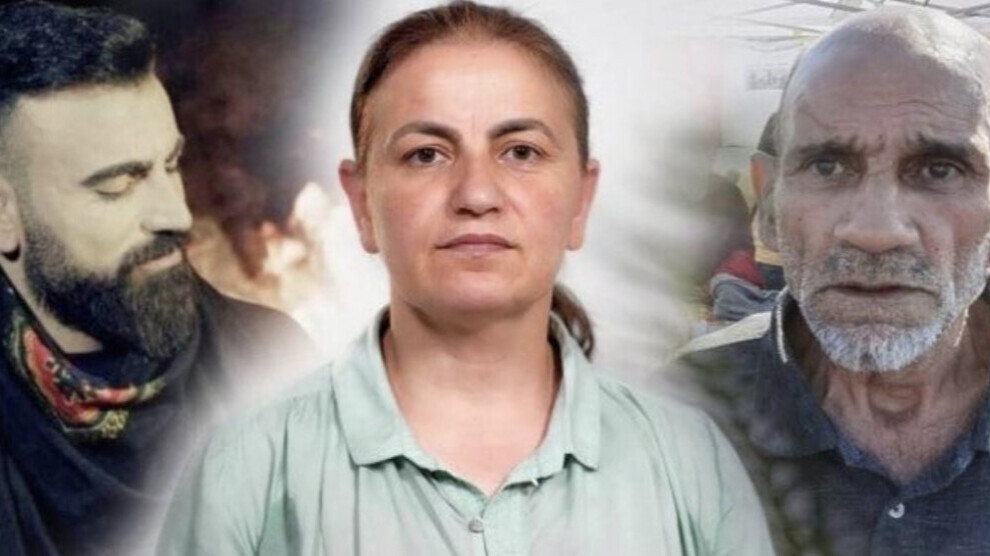Open questions after the attack in Paris
The targeted attack on the Kurdish community of Paris not only shocks us, it also makes us incredibly angry. We have many questions and no trust in the French security authorities.
The targeted attack on the Kurdish community of Paris not only shocks us, it also makes us incredibly angry. We have many questions and no trust in the French security authorities.

Emine Kara, M. Şirin Aydın and Abdurrahman Kızıl - these are the names of the three victims of yesterday's attack in Paris. A 69-year-old French fascist, recently released from prison, targeted the Kurdish Ahmet Kaya Cultural Centre and then a Kurdish-run restaurant and barbershop. In the barbershop he was overpowered by employees when he tried to reload his firearm. This is a targeted attack on the Kurdish community of Paris that not only shocks us all, but also makes us incredibly angry.
We have questions!
The perpetrator is said to have been taken by car to the street of the Kurdish Cultural Centre. Who drove him there? In any case, the target of the attack does not seem to have been a coincidence. We want to know who is behind this attack! Is there a possibility that the Turkish Secret Service was involved? We demand a complete investigation!
The perpetrator was in prison for an attack on a tent camp of migrants, was released from prison shortly before the attack, was able to get hold of a weapon and carry out such a massacre unmolested. Why was this person not under the surveillance of the French security authorities after his release from prison? Why was he able to act so freely?
There have been recent threats from Turkish fascists against the Kurdish Cultural Centre in Paris. These were passed on to the French security authorities. Why was this not followed up? Isn't the Kurdish Cultural Centre under surveillance by the French security agencies anyway?
At the time of the attack on the cultural centre, a meeting of the Kurdish women's movement was supposed to take place there on the occasion of the approaching anniversary of the Paris massacre on 9 January 2013. About 60 people were supposed to attend this meeting. The meeting was postponed by one hour at short notice. If this had not happened, there would probably have been many more victims. Did the perpetrator know about this planned meeting? Is that why he chose the time for his attack? If so, where did he get his information?
No trust in the French security authorities
Our anger after yesterday's attack is also so great because we have no trust in the French security authorities. Because the Paris massacre, i.e. the murder of the three Kurdish revolutionaries, Sakine Cansız, Fidan Doğan and Leyla Şaylemez on 9 January 2013 by a contract killer from the Turkish secret service, has never been fully investigated and, above all, no one has been prosecuted for it. For ten years now, tens of thousands of Kurds and people in solidarity have been demanding justice for Sakine, Fidan and Leyla at annual commemorative demonstrations. But the French authorities have no interest in clarifying the case, which is classified as a state secret.
Yesterday's attack is a continuation of the murders of 2013. The Kurdish population no longer lives in safety in Europe. The Kurds are not only persecuted and oppressed in their home country. In the middle of Europe, they are targeted by fascists and the Turkish secret service, but also by state repression apparatuses.
*Mako Qocgiri is a staff member of Civaka Azad, the Kurdish Centre for Public Relations in Berlin.